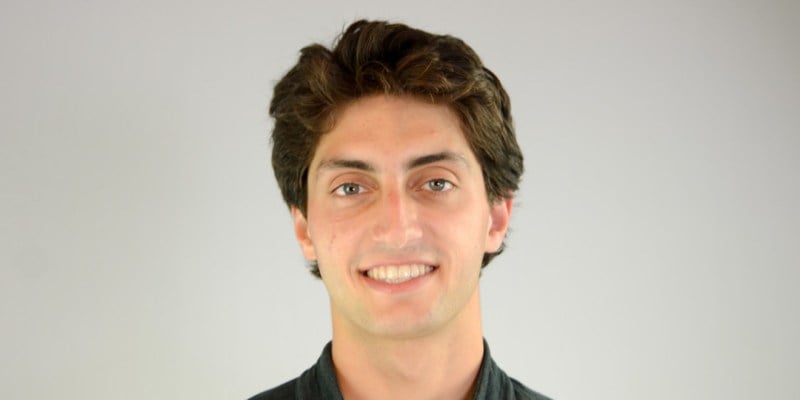A hallmark of the Trump presidency is its fear-based approach to governing. Dangerous Muslim terrorists; corrupt, colluding fake news media; caravans of violent migrants coming to eat our children and curse our livestock, or something — evidently, Trump has no qualms with fomenting fear to advance his agenda. (To debate another time: Does he have an agenda?) As harmful as this Trump presidency may be, his strategy leans upon tried and true methods of political manipulation. One such example: McCarthyism.
Joseph McCarthy’s communist witch hunt consisted of a fear-based approach to governing. Its policy of containment instigated and fed upon panic and distrust. This panic and distrust was not limited to the political real because McCarthy didn’t interrogate politicians only. He went after Hollywood, too, calling in many top stars to testify against their suspected communist affiliations. His foray into film wrought an unintended consequence: He built a bridge between politics and celebrities. By putting high profile actors under a political spotlight, he gave them the opportunity to expand their influence. Thanks in part to an impressive interview performance and willingness to inform the FBI of potential communist threats, then-Head of the Screen Actors Guild Ronald Reagan jumped from heartthrob actor to governor of California and, eventually, president of the United States. In Reagan’s case, McCarthy’s reckless political overstepping enabled someone with little political experience or background to leap into high office. Reagan’s entry into politics paved the way for someone like Trump to eventually become president. When a movie star divorcee carried the fervent support of the “Moral Majority” all the way to the White House, he created a breach in the wall of traditional political establishment, a breach that has never fully closed and that Trump snuck his way through. Reagan, after all, was the first to promise that he would “Make America Great Again.”
The reason you came to the sports section to read all that, besides your insatiable hunger for knowledge, is that the political outsider legacy that Trump carries, combined with his politics of panic that create more potential for political outsiders to breach political spheres, has opened opportunity for athletes to assume political power. As influential as LeBron is, Trump’s attacking him has boosted LeBron’s political influence to massive heights. When Trump attacked Kaepernick and other kneelers, he gave NFL players protesting the anthem more media coverage than they ever would have gotten otherwise. When he disinvited the Warriors from the White House (after they said they wouldn’t go), he gave coach Steve Kerr a larger platform to protest Trump and divisive partisan bickering. Trump’s witch hunt for the people that have ruined America’s great past has pulled those people into his sphere of power. Trump has paved the way for today’s sports superstars to transition to tomorrow’s political leaders.
However, Trump’s antics are not the sole supports of this new bridge. One of today’s pressing political issues is the police shootings of unarmed, young, black men. Today’s star athletes are mostly young, black men. These athletes’ standings as, simultaneously, a focus of Trump’s attention and representatives of an oppressed demographic amplify their voices to a national, policy-potent level. It’s too early to tell right now if athletes will cross this bridge into the political realm after their playing days are over. We won’t know until years from now how far the repercussions of this moment will reverberate. What we know is that the situation is ripe for a sweeping change. It feels like it’s happening. It’ll be exciting to watch.
Contact Jack Golub at golubj ‘at’ stanford.edu.
